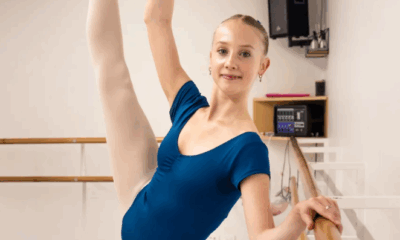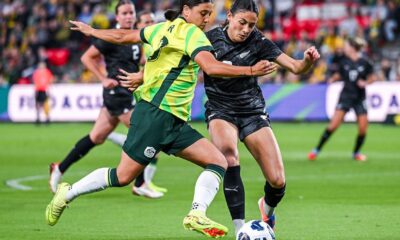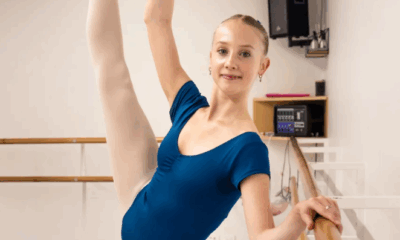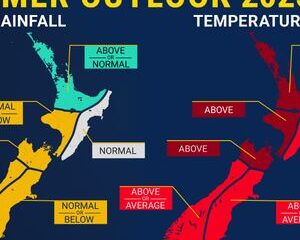Lifestyle
Māori-Indian Collaborations Shine at India Independence Day Festivities
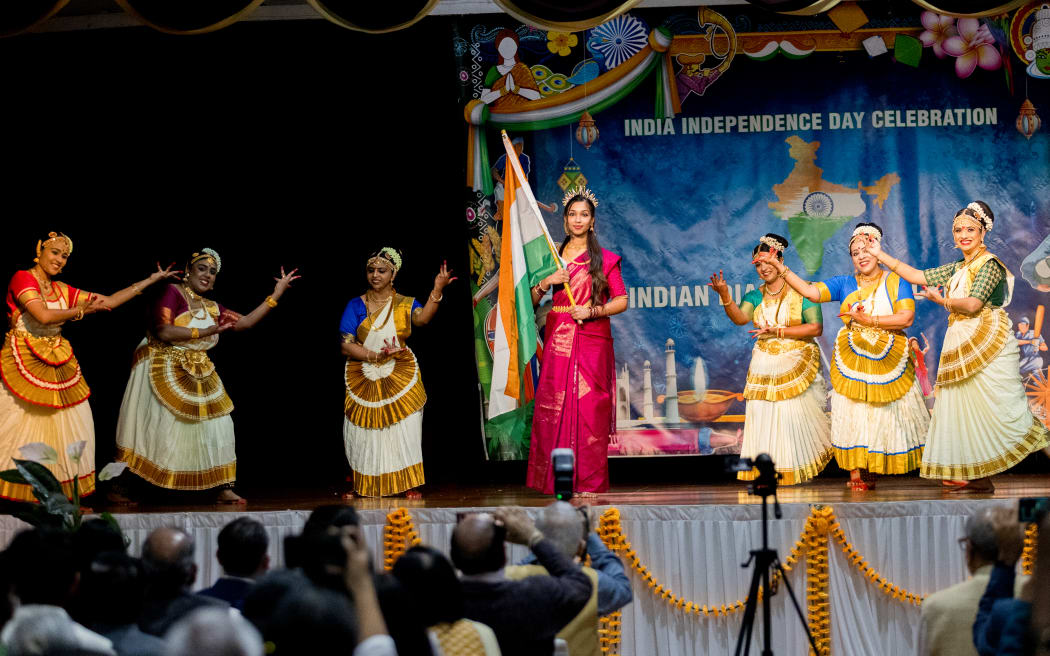
New Zealand’s Indian community engaged in vibrant festivities over the weekend to celebrate India’s Independence Day, with events spanning from August 15 to 17. The celebrations included cultural showcases in major urban centers such as Auckland, Hamilton, Wellington, Dunedin, and Palmerston North, featuring performances that highlighted India’s rich diversity and heritage.
Auckland, home to the largest Indian diaspora, hosted a variety of events, including a MasterChef competition that pitted Māori chefs against their Indian counterparts. Chefs Sam Linstrom, Hera Te Kurapa, and Ihirei Walker from the Whiria Collective represented Māori cuisine, while Indian chefs Satyanarayana Pandari, Anuj Mathur, Suprabhat Banerjee, and Prem Ram showcased traditional cooking techniques. The competition focused on creating innovative salmon dishes that combined Indian spices with local New Zealand ingredients.
Cultural Exchange and Celebrations
The highlights of the weekend included multiple fashion showcases featuring both Māori and Indian designers, emphasizing the collaborative spirit of the events. Notably, the Mahatma Gandhi Centre in Eden Terrace served as a focal point, where organizations representing the Indian diaspora convened to celebrate their shared heritage. On August 16, Prime Minister Christopher Luxon and opposition leader Chris Hipkins joined in the festivities at the Dew Drop Events Centre, engaging the audience with lively performances to popular Indian dance numbers.
India’s Independence Day, observed on August 15, marks the anniversary of the nation’s liberation from British rule in 1947. On this date, the Indian High Commission in Wellington and the Consulate General in Auckland hosted a joint reception attended by various dignitaries, including Nikhil Ravishankar, the incoming chief executive of Air New Zealand. His appointment received praise from Ethnic Communities Minister Mark Mitchell, who underscored the significant contributions of the Indian community to New Zealand’s society and economy.
According to the 2023 Census, a total of 292,092 individuals in New Zealand identified as having Indian heritage, marking a 22 percent increase since 2018. This demographic shift reflects the community’s growth, now the third largest ethnic group in the country after New Zealand Europeans and Māori. The historical context is notable; just six Indians were recorded in New Zealand in 1881.
Economic Impact and Cultural Richness
Recent reports indicate that the Indian community contributed approximately $10 billion to New Zealand’s economy in 2019, which represented roughly 3.3 percent of the national GDP at the time. Economists believe this figure has risen significantly in recent years, particularly as the community has increasingly prospered, with their median personal income reported at $51,600—the highest among all ethnicities—compared to the national median of $41,500.
Throughout the weekend, various cultural performances were held to celebrate the spirit of unity among the Indian community. In Palmerston North, community groups from different Indian states came together for an event titled “United in Diversity.” The Dunedin Indian Association organized a “grand patriotic event” at the University of Otago, featuring Carnatic music, while Hamilton welcomed Indian pop singer Shibani Kashyap for a lively concert.
Award-winning dance groups from India, particularly from the state of Telangana, showcased ancient dance forms such as Perini Natyam and Oggu Katha. Ravi Kumar, a performer, explained that their dances narrate stories related to the Hindu God Shiva, a significant figure in their culture. The celebrations served not only as a moment of joy but also as a reminder of the importance of preserving and passing on Indian heritage to younger generations.
Local community members, including Sonali Banerjee from the Probasee Bengali Association of New Zealand, voiced the need for such celebrations to ensure cultural continuity. Mary Shaji, who performed the classical Indian dance Mohiniyattam popular in Kerala, echoed this sentiment, stating that events like these help maintain a connection to Indian roots and values for those living in New Zealand.
Overall, the Independence Day celebrations in New Zealand not only highlighted the resilience and unity of the Indian community but also showcased the ongoing collaboration between Māori and Indian cultures, promising a rich tapestry of traditions for future generations.
-

 World1 week ago
World1 week agoPrivate Funeral Held for Dean Field and His Three Children
-

 Top Stories2 weeks ago
Top Stories2 weeks agoFuneral Planned for Field Siblings After Tragic House Fire
-

 Sports3 months ago
Sports3 months agoNetball New Zealand Stands Down Dame Noeline Taurua for Series
-

 Entertainment3 months ago
Entertainment3 months agoTributes Pour In for Lachlan Rofe, Reality Star, Dead at 47
-

 Entertainment2 months ago
Entertainment2 months agoNew ‘Maverick’ Chaser Joins Beat the Chasers Season Finale
-

 Sports3 months ago
Sports3 months agoSilver Ferns Legend Laura Langman Criticizes Team’s Attitude
-

 Sports1 month ago
Sports1 month agoEli Katoa Rushed to Hospital After Sideline Incident During Match
-

 World2 weeks ago
World2 weeks agoInvestigation Underway in Tragic Sanson House Fire Involving Family
-

 Politics2 months ago
Politics2 months agoNetball NZ Calls for Respect Amid Dame Taurua’s Standoff
-

 Top Stories2 weeks ago
Top Stories2 weeks agoShock and Grief Follow Tragic Family Deaths in New Zealand
-

 Entertainment3 months ago
Entertainment3 months agoKhloe Kardashian Embraces Innovative Stem Cell Therapy in Mexico
-

 World4 months ago
World4 months agoPolice Arrest Multiple Individuals During Funeral for Zain Taikato-Fox

